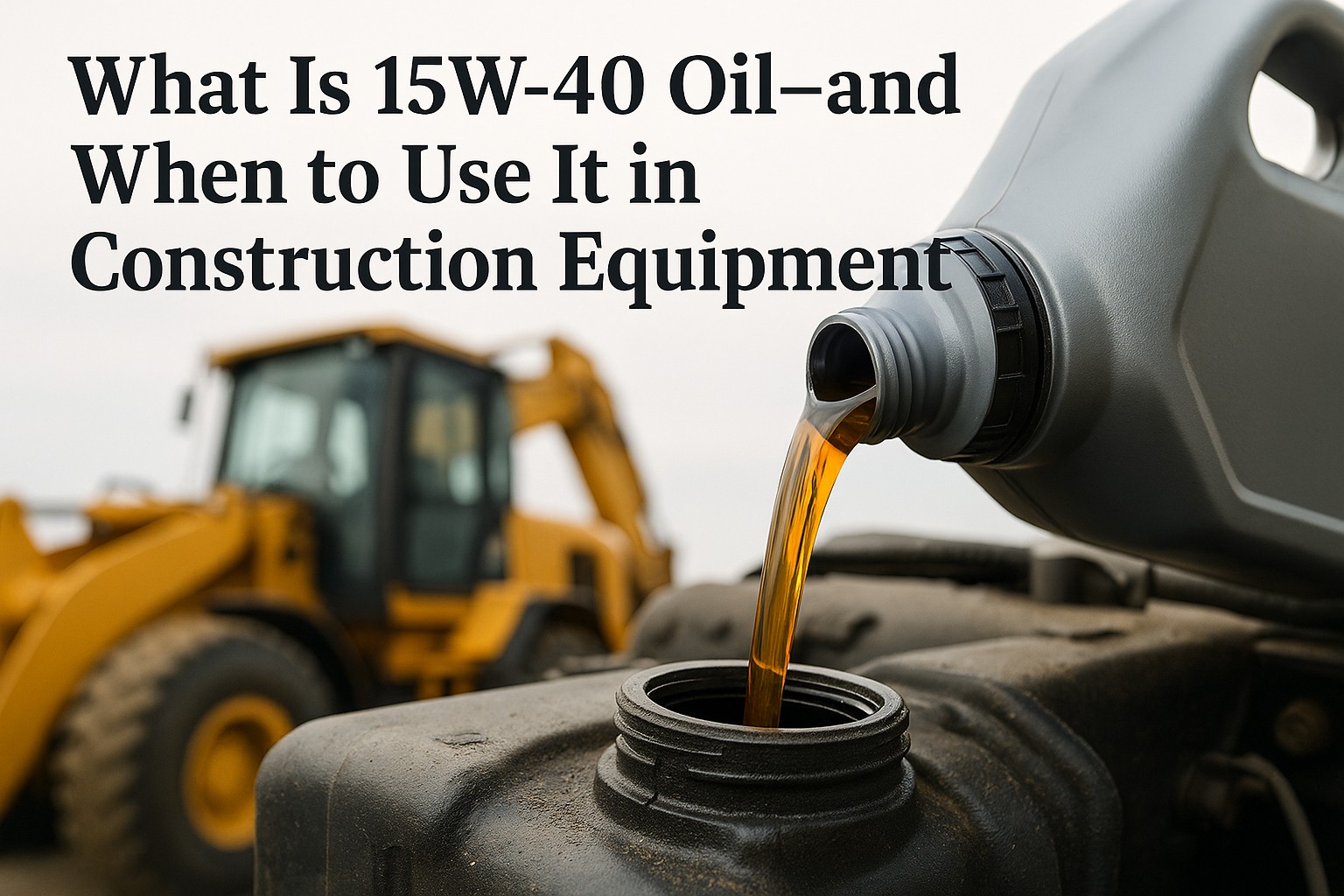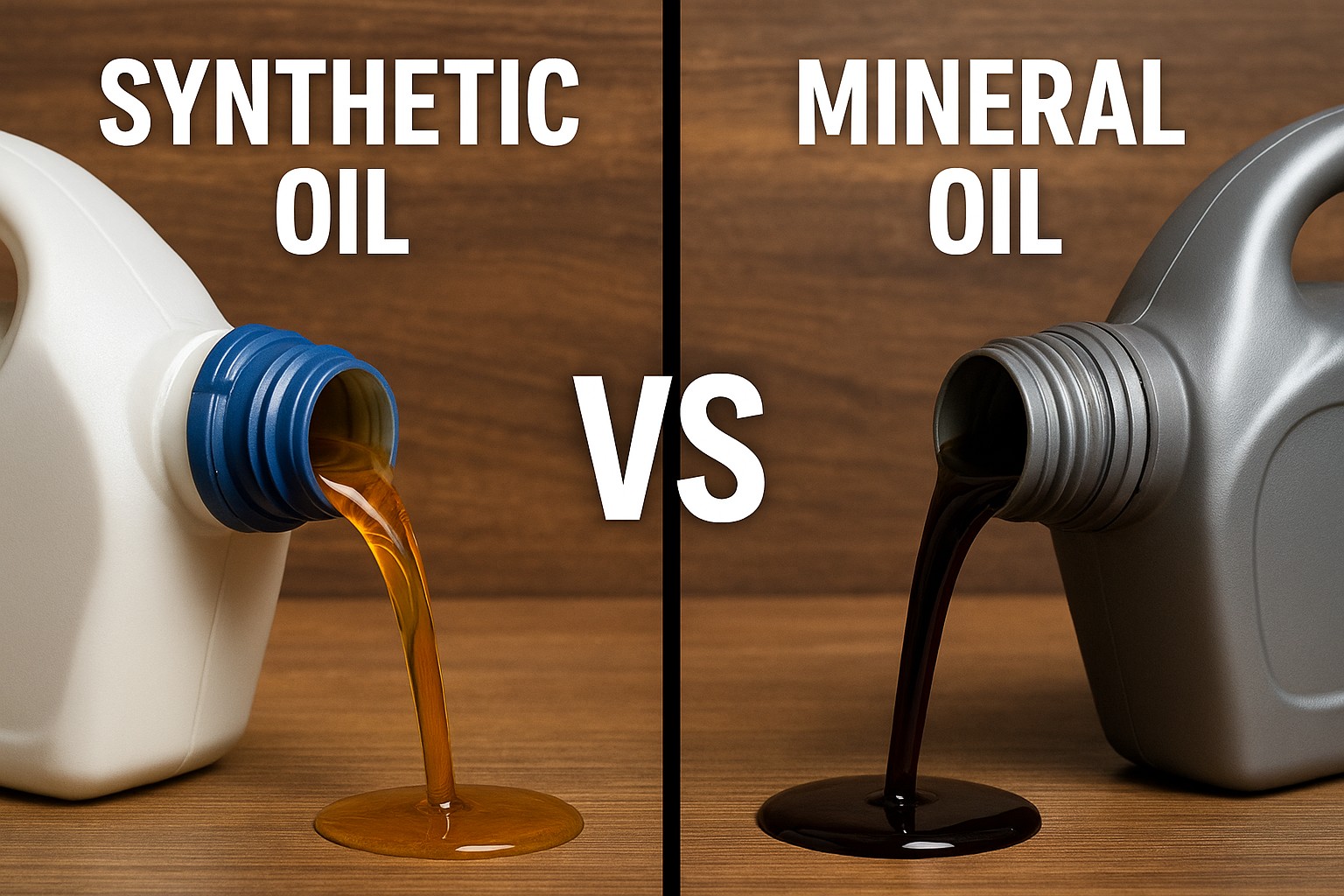Fleet fuel consumption represents the single largest operational expense for transportation and construction companies, with industry studies documenting over $512 million in collective annual savings achieved by leading fleets through strategic fuel-saving technology implementation. Current market analysis reveals that fuel costs consume 35-40% of total fleet operating budgets, yet 67% of fleet operators continue using outdated management approaches that waste $75,000-$150,000 annually per 20-vehicle fleet. The implementation of comprehensive fuel-saving technologies delivers 25-35% consumption reduction, 40% decrease in fuel theft incidents, and measurable competitive advantages that transform operational economics across entire fleet operations.
The Hidden Crisis: Fuel Waste and Inefficiency in Fleet Operations
Modern fleet operations face unprecedented fuel management challenges driven by volatile diesel prices, increasing environmental regulations, and competitive pressure to reduce operational costs while maintaining service quality. Fuel inefficiency patterns cascade throughout organizations, affecting profitability, environmental compliance, and long-term business sustainability in increasingly competitive markets.
Idle Time Waste
Excessive idling consumes 0.8-1.5 gallons per hour, costing fleets $45,000-$85,000 annually per 20 vehicles while contributing to unnecessary emissions and engine wear that compounds maintenance expenses.
Route Inefficiency
Suboptimal routing increases mileage by 15-25%, adding $35,000-$65,000 in unnecessary fuel costs annually while reducing delivery capacity and increasing driver hours.
Driver Behavior Impact
Aggressive driving behaviors including rapid acceleration, hard braking, and excessive speeding increase fuel consumption by 20-40%, costing $50,000-$95,000 annually across typical fleets.
Fuel Theft Losses
Internal and external fuel theft affects 78% of fleets, with average losses of $35,000-$75,000 annually through card misuse, siphoning, and unauthorized vehicle use.
Maintenance Inefficiencies
Poor maintenance practices reduce fuel economy by 10-20%, with dirty air filters, improper tire pressure, and neglected engine maintenance costing $25,000-$45,000 annually.
Technology Gaps
Lack of real-time monitoring and analytics prevents identification of efficiency opportunities, leaving 30-45% potential savings unrealized worth $65,000-$125,000 annually.
The Financial Impact of Fuel Management Inefficiencies
Before implementing strategic fuel-saving technologies, fleet operations experience cascading inefficiencies that impact every aspect of operational performance and financial sustainability:
- Unpredictable fuel budgets with 20-30% monthly variance making financial planning difficult and cash flow management challenging
- Competitive disadvantage with fuel costs 25-40% higher than technology-enabled competitors affecting pricing and profitability
- Environmental compliance risks from excessive emissions leading to EPA violations and penalties ranging from $25,000-$100,000
- Customer satisfaction impacts from delayed deliveries and service interruptions caused by fuel-related operational issues
- Insurance premium increases due to accidents and violations associated with aggressive driving behaviors and poor fleet management
Foundation Elements: Comprehensive Fuel-Saving Technology Framework
Professional fuel-saving technology systems integrate multiple monitoring, optimization, and control capabilities into unified platforms that deliver measurable consumption reductions while enhancing operational visibility and management control across distributed fleet operations.
Core Technology Components and Architecture
Effective fuel-saving technology frameworks combine hardware sensors, software analytics, and operational integration to create comprehensive management systems that optimize every aspect of fuel consumption and utilization.
Telematics Integration Platform
Advanced GPS tracking with fuel monitoring sensors providing real-time consumption data, location tracking, route optimization, and driver behavior analytics that enable precise efficiency management.
Fuel Card Management Systems
Integrated payment platforms with transaction controls, purchase restrictions, real-time alerts, and fraud detection capabilities that prevent unauthorized use and track every gallon purchased.
Driver Behavior Monitoring
Comprehensive tracking of acceleration patterns, braking habits, speed violations, and idle time with scorecards and coaching tools that improve fuel-efficient driving practices.
Predictive Analytics Engine
Machine learning algorithms analyzing consumption patterns, identifying anomalies, predicting maintenance needs, and recommending optimization opportunities for maximum efficiency gains.
Advanced Digital Integration and Automation Capabilities
Smart Fleet Management and Real-Time Optimization
Modern fuel-saving technologies leverage artificial intelligence, IoT connectivity, and cloud computing to deliver unprecedented visibility and control over fuel consumption across entire fleet operations.
Dynamic Route Optimization
AI-powered routing engines considering traffic patterns, delivery windows, vehicle capacity, and fuel prices to minimize mileage while maintaining service levels and customer satisfaction.
Automated Idle Management
Smart idle shutdown systems with climate control preservation, automatic restart capabilities, and exception handling that eliminate unnecessary fuel waste without impacting operations.
Fuel Purchase Optimization
Price tracking algorithms identifying lowest-cost fueling locations, negotiating volume discounts, and routing vehicles to preferred stations that minimize total fuel expenditure.
Maintenance Integration
Predictive maintenance scheduling based on fuel efficiency degradation patterns, ensuring optimal engine performance and maximum fuel economy through proactive service interventions.
Implementation Methodology and Best Practices
Phased Deployment Strategy for Fuel-Saving Technologies
Successful technology implementation requires systematic deployment approaches that balance immediate impact with long-term optimization goals while minimizing operational disruption across fleet operations.
Phase 1: Assessment & Planning
Baseline fuel consumption analysis, inefficiency identification, technology selection, and ROI modeling establishing clear implementation targets and success metrics. Investment: $15,000-$25,000 for comprehensive assessment.
Phase 2: Core System Deployment
Telematics installation, fuel card integration, driver app deployment, and management dashboard configuration providing foundational monitoring capabilities. Investment: $45,000-$85,000 for 20-vehicle fleet.
Phase 3: Advanced Feature Activation
Route optimization implementation, predictive analytics deployment, automated reporting configuration, and advanced alert systems maximizing efficiency gains. Investment: $25,000-$45,000 for full capabilities.
Phase 4: Optimization & Scaling
Performance refinement, driver incentive programs, continuous improvement processes, and fleet-wide expansion capturing maximum savings potential. Ongoing investment: $8,000-$15,000 annually.
Change Management and Cultural Transformation
Technology success depends heavily on organizational adoption, requiring comprehensive change management programs that align stakeholder interests and incentivize efficiency-focused behaviors throughout fleet operations.
Driver Engagement Programs
Comprehensive training on fuel-efficient driving techniques, technology usage, and performance expectations with gamification elements and rewards that motivate sustained behavior change.
Management Dashboard Training
Executive and operational training on analytics interpretation, report utilization, and decision-making tools that maximize technology value and operational improvements.
Performance Incentive Alignment
Bonus structures, recognition programs, and competitive elements that reward fuel efficiency achievements and encourage continuous improvement across all organizational levels.
Continuous Improvement Culture
Regular review processes, feedback integration, and technology optimization ensuring sustained engagement and maximum long-term value realization from fuel-saving investments.
Accelerate your fuel savings transformation with expert implementation support
Getting Started Book a DemoAnalytics and Performance Monitoring Capabilities
Advanced Fuel Analytics and KPI Tracking
Fuel-saving technology platforms transform raw consumption data into actionable intelligence that drives continuous improvement, identifies optimization opportunities, and quantifies savings achievements across fleet operations.
Real-Time Consumption Dashboards
Executive and operational dashboards displaying current fuel usage, efficiency trends, cost projections, and exception alerts enabling immediate intervention when inefficiencies occur.
Predictive Cost Modeling
Advanced analytics forecasting future fuel expenses based on operational plans, market prices, and efficiency trends supporting accurate budgeting and financial planning.
Driver Performance Scorecards
Individual and team performance metrics tracking fuel efficiency achievements, identifying coaching opportunities, and supporting fair incentive program administration.
Compliance Reporting Automation
Automated generation of IFTA reports, EPA compliance documentation, and sustainability metrics reducing administrative burden while ensuring regulatory adherence.
ROI and Operational Excellence Outcomes
Quantifiable Financial Benefits and Cost Savings
Strategic fuel-saving technology implementation delivers measurable returns through multiple value streams extending beyond direct fuel cost reduction to encompass operational efficiency, competitive positioning, and sustainability achievements.
Operational Efficiency and Competitive Advantages
Comprehensive fuel management technologies create sustainable competitive advantages through improved operational control, enhanced customer service capabilities, and superior financial performance metrics.
- Improved profit margins through 25-35% fuel cost reduction directly impacting bottom-line performance and shareholder value
- Enhanced customer pricing competitiveness with lower operational costs enabling aggressive market positioning without sacrificing profitability
- Reduced carbon footprint supporting sustainability goals and corporate social responsibility initiatives while avoiding regulatory penalties
- Better cash flow predictability through stable fuel budgets and reduced expense variance improving financial planning accuracy
- Increased asset utilization with optimized routing and reduced downtime maximizing revenue generation per vehicle
Compliance and Regulatory Alignment
Regulatory compliance requirements increasingly demand sophisticated fuel management and emissions tracking capabilities, with fuel-saving technologies providing essential documentation and control mechanisms for regulatory adherence.
EPA Emissions Standards
SmartWay compliance tracking, emissions reduction documentation, and idle time reporting ensuring adherence to environmental regulations while avoiding penalties ranging from $25,000-$75,000 per violation.
IFTA Tax Reporting
Automated mileage tracking, state-by-state fuel allocation, and quarterly report generation eliminating manual errors and reducing audit risks that can result in $50,000+ penalties.
DOT Hours of Service
Integration with ELD systems ensuring accurate driving time tracking, mandatory rest period compliance, and violation prevention protecting against fines and operational restrictions.
Corporate Sustainability Reporting
Comprehensive emissions data, fuel efficiency metrics, and environmental impact documentation supporting ESG reporting requirements and corporate sustainability commitments.
Future Outlook and Innovation Roadmap
The fuel-saving technology landscape continues evolving with emerging innovations promising even greater efficiency gains, enhanced automation capabilities, and deeper operational integration across fleet management ecosystems.
Alternative Fuel Integration
Multi-fuel management platforms supporting electric, hydrogen, and hybrid vehicles with unified tracking, optimization, and cost management across diverse propulsion technologies.
Autonomous Vehicle Optimization
AI-driven efficiency algorithms specifically designed for autonomous vehicle operations, maximizing fuel economy through perfect driving behaviors and optimal routing decisions.
Blockchain Fuel Tracking
Immutable fuel transaction records, smart contract automation, and transparent supply chain tracking eliminating fraud while streamlining payment and reconciliation processes.
Quantum Computing Applications
Next-generation optimization algorithms leveraging quantum computing power to solve complex multi-variable routing and scheduling problems currently beyond classical computing capabilities.
Frequently Asked Questions
Ready to join leading fleets saving millions through strategic fuel management technology?
Getting Started Book a Demo



